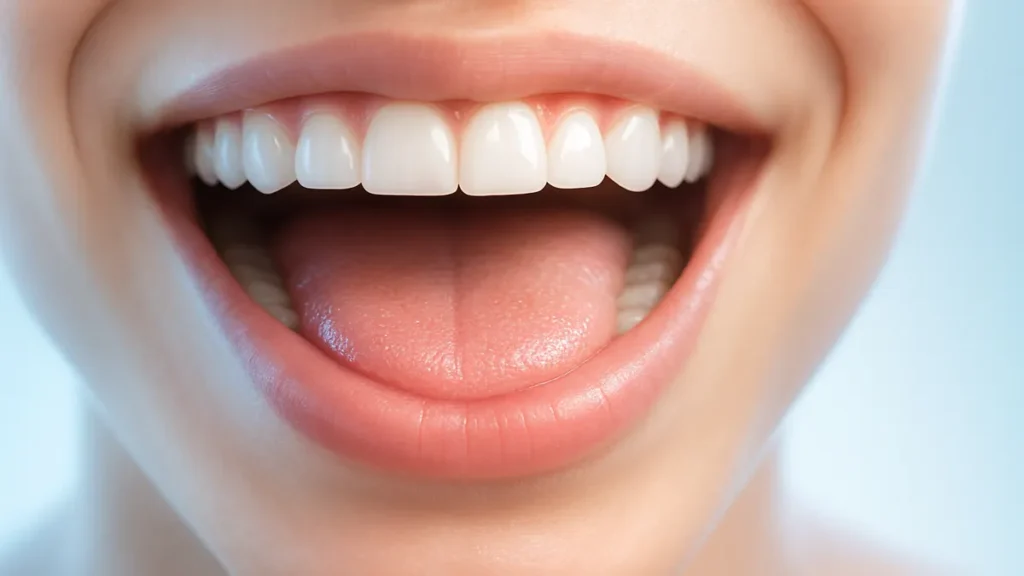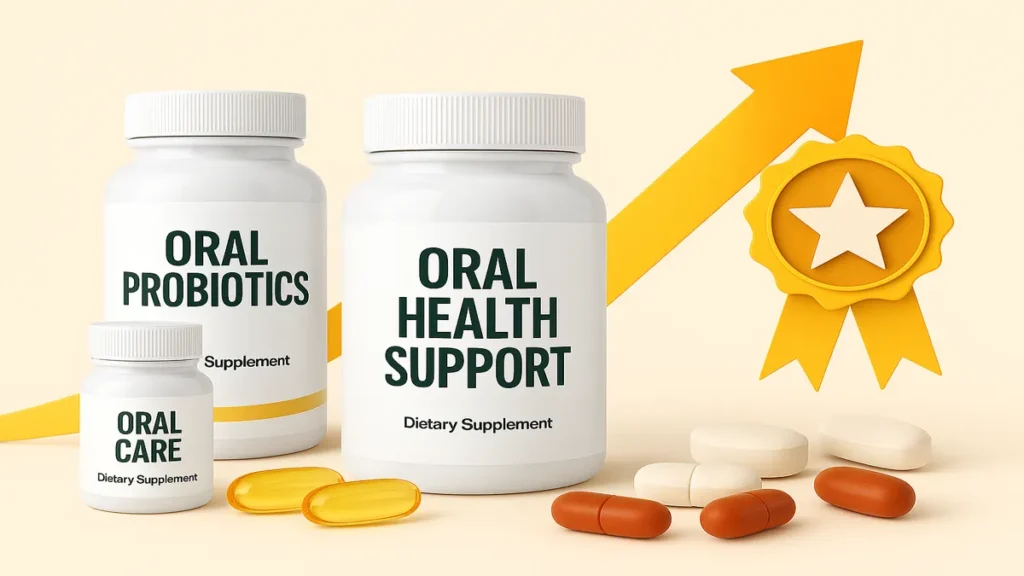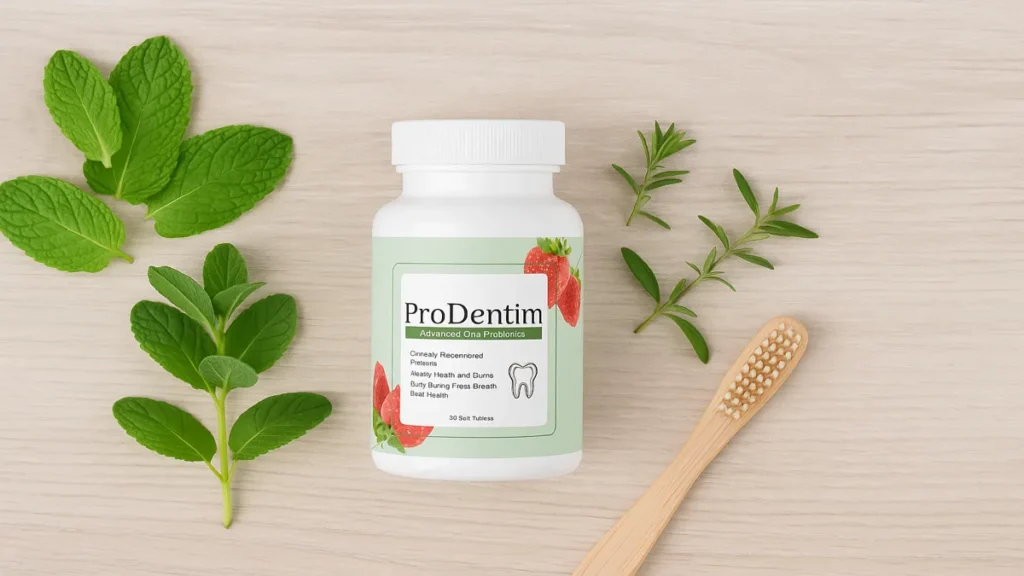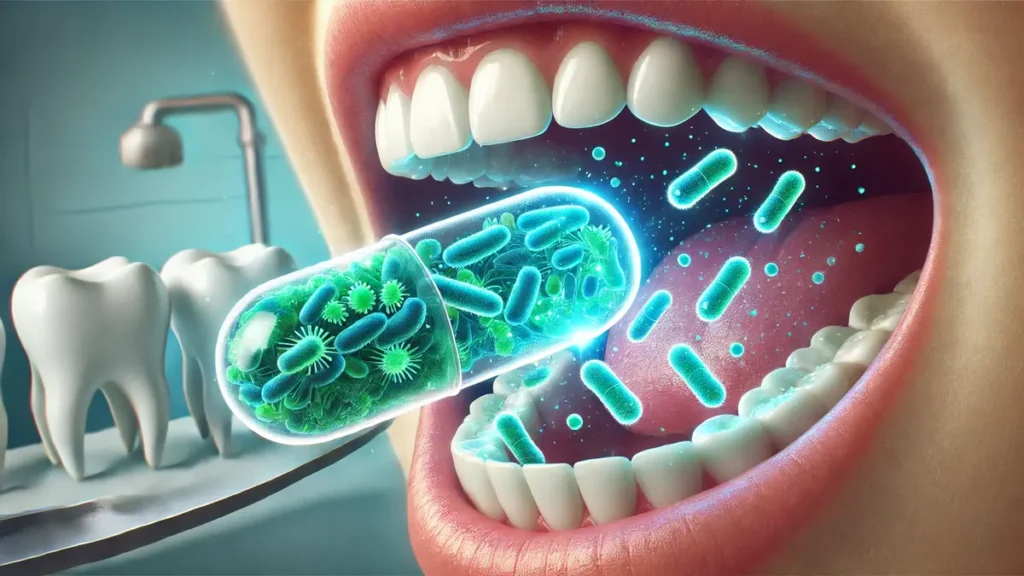
Protect tooth enamel naturally — especially if your teeth feel more sensitive or look dull without any clear reason. Even if you brush, floss, and try to eat clean, something still feels off. And that can be incredibly frustrating.
You’re not alone — and you’re definitely not doing everything wrong. In fact, the real issue may come from silent habits most people never question. The way you brush. What you drink. Even how often you snack.
Enamel is your first line of defense. It keeps your teeth safe from acids, bacteria, and wear. But once it’s gone, it won’t grow back. That’s why prevention matters so much more than repair.
In this article, we’ll explore the everyday mistakes that weaken your enamel, how to protect it naturally, and what you can do to strengthen your teeth from the inside out — without harsh treatments or complicated routines.
🔗 And if you’re already thinking about natural oral health, take a look at these complete solutions for bad breath and stronger teeth.
What Damages Enamel? Everyday Habits That Hurt

Protect tooth enamel naturally — but how, if you don’t even realize what’s harming it? That’s the real problem. Most people don’t.
It’s not about dramatic mistakes. Instead, it’s the little things — the habits you repeat daily without thinking. Coffee, sodas, fruit juices, even sparkling water — all carry acids that wear down enamel bit by bit.
Then comes sugar. And while one treat won’t ruin your teeth, constant exposure feeds bacteria. Those bacteria release acids that do real damage. So even a sweet snack between meals can weaken your enamel over time.
But surprisingly, brushing too hard can be just as harmful. You might think it helps, but it strips away your protection. Instead, use a soft-bristle brush and clean gently. It’s just as effective — and much safer.
Grinding your teeth is another hidden threat. Often, it happens during sleep. You don’t feel it, but your enamel does.
Fortunately, none of this means you’re doomed. You can shift habits today — and see long-term gains. Rinse after acidic foods, wait before brushing, stay hydrated, and chew fiber-rich snacks. Each step helps.
Natural Ways to Protect and Rebuild Enamel

Preserve your enamel before it’s too late. While you can’t regrow it, you can make it stronger and stop it from eroding further.
Start with food. Minerals like calcium, phosphorus, and vitamin D help rebuild your teeth from within. Leafy greens, nuts, dairy, eggs, and oily fish all play a role. Without them, your enamel weakens slowly — even if you brush daily.
Next, watch your habits. After acidic meals or drinks, avoid brushing too soon. Instead, rinse with water and wait at least 30 minutes. This protects the softened surface from damage.
When brushing, use a soft-bristled brush and gentle movements. Aggressive brushing wears enamel down, even if your teeth feel clean. You can also choose a remineralizing toothpaste with fluoride or hydroxyapatite for added defense.
Don’t forget saliva. It protects, nourishes, and repairs. But stress, dehydration, and poor diet can reduce it. So, drink more water. Chew fibrous foods like apples or celery. They naturally boost saliva flow and clean your teeth between brushes.
Strong enamel depends on more than just brushing. It takes the right nutrients, smart habits, and internal balance.
🔗 To support all three, some supplements help restore saliva flow, fight breath issues, and protect your enamel naturally.
Strengthening Teeth Naturally: Daily Habits That Work

Build stronger teeth over time with small daily habits that make a real difference. You don’t need extreme routines — just a few consistent steps that support your enamel naturally.
Let’s start with oil pulling. This ancient practice uses coconut oil as a natural mouthwash. Swishing a tablespoon for 10–15 minutes can help reduce bacteria, balance pH, and freshen breath. Do it before brushing, ideally in the morning.
Next, reduce acidic snacking. Constant exposure to citrus, soda, and vinegar-based foods weakens enamel with every bite. Instead of sipping slowly all day, enjoy acidic items during meals. That way, saliva can do its job and buffer the acid faster.
Speaking of saliva — keep it flowing. It’s your mouth’s built-in defense system. And one of the best ways to boost it? Eat fibrous foods. Apples, carrots, and leafy greens require chewing, which stimulates saliva naturally while also cleaning your teeth.
Probiotics help too. But not just for digestion — your mouth benefits as well. Oral probiotics support a healthy balance of bacteria on your gums and tongue. They can reduce bad breath, improve gum health, and even lower inflammation.
Finally, consider natural supplements. Nutrients like CoQ10, zinc, and vitamin D all play a role in oral health. CoQ10 helps energize gum tissue. Zinc fights bad bacteria. Vitamin D helps your body absorb minerals to support enamel.
The best part? These habits don’t take much time. Yet, they compound over weeks and months — giving you cleaner breath, stronger enamel, and a more resilient smile.
Signs Your Enamel Needs Help

Your teeth often send signals long before serious damage sets in. But many of these signs are subtle — and easy to miss.
One of the first clues is sensitivity. If hot drinks or cold foods suddenly make you wince, your enamel may be thinning. This happens because the protective layer is no longer blocking temperature changes from reaching the inner nerves.
Next, look at color. Teeth with weakened enamel often appear more yellow or dull. That’s because the layer beneath — dentin — starts to show through.
You might also notice translucent edges. Check your front teeth in the mirror. If the tips look glassy or see-through, it’s often a sign that enamel is wearing away.
Small cracks, chips, or rough textures are another red flag. These tiny changes can appear even if you don’t grind your teeth or bite hard objects. They tend to worsen slowly, so early attention helps a lot.
Catching these signs early is key. The sooner you act, the easier it is to protect what’s left and reinforce it moving forward.
If any of these symptoms sound familiar, don’t wait. Gentle changes and the right support can make a big difference — naturally.
Take Control of Your Smile Naturally

Enamel doesn’t grow back once it’s gone — but that doesn’t mean you’re out of options. You can still protect what remains and make it stronger.
Each daily choice matters. What you eat, how you brush, and even how much water you drink — it all adds up. Fortunately, you don’t need expensive treatments or drastic changes. Just consistent, simple habits that support your mouth inside and out.
The good news? It’s never too late to start. Even small adjustments can lead to better breath, stronger enamel, and healthier gums. You already have the motivation — now you just need the right tools.
So take your smile seriously, but don’t overcomplicate the process. Support your enamel, stay mindful, and let nature do its work.
🔗 If you’re ready to take the next step toward a healthier mouth, explore the best supplements for breath and enamel support.
FAQ – Enamel, Sensitivity, and Natural Oral Health
Not exactly. Once it’s gone, it won’t regenerate fully. But you can strengthen what’s left and protect it from further damage.
Yes — in many cases. Brushing gently, eating better, and using oral probiotics or mineral-rich supplements can help reduce sensitivity over time.
Focus on foods rich in calcium, phosphorus, and vitamin D. Leafy greens, cheese, almonds, yogurt, and oily fish are all great choices. They help nourish enamel from the inside.
That depends. Some people notice less sensitivity in just one or two weeks. For deeper results, give it at least four to six weeks of daily care and good nutrition.







